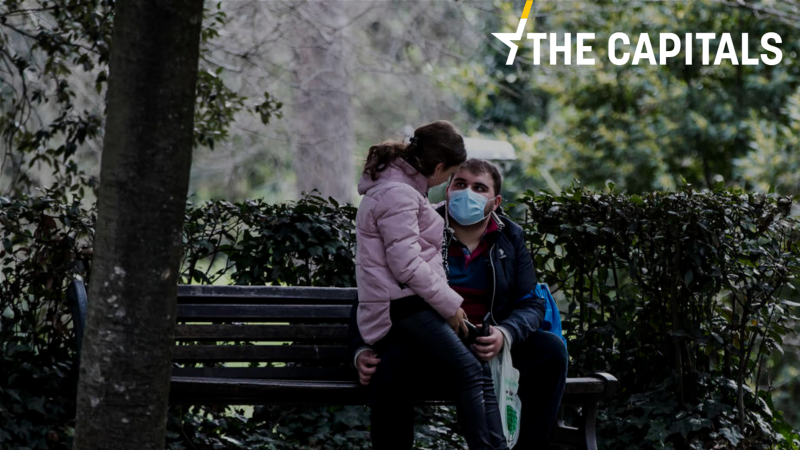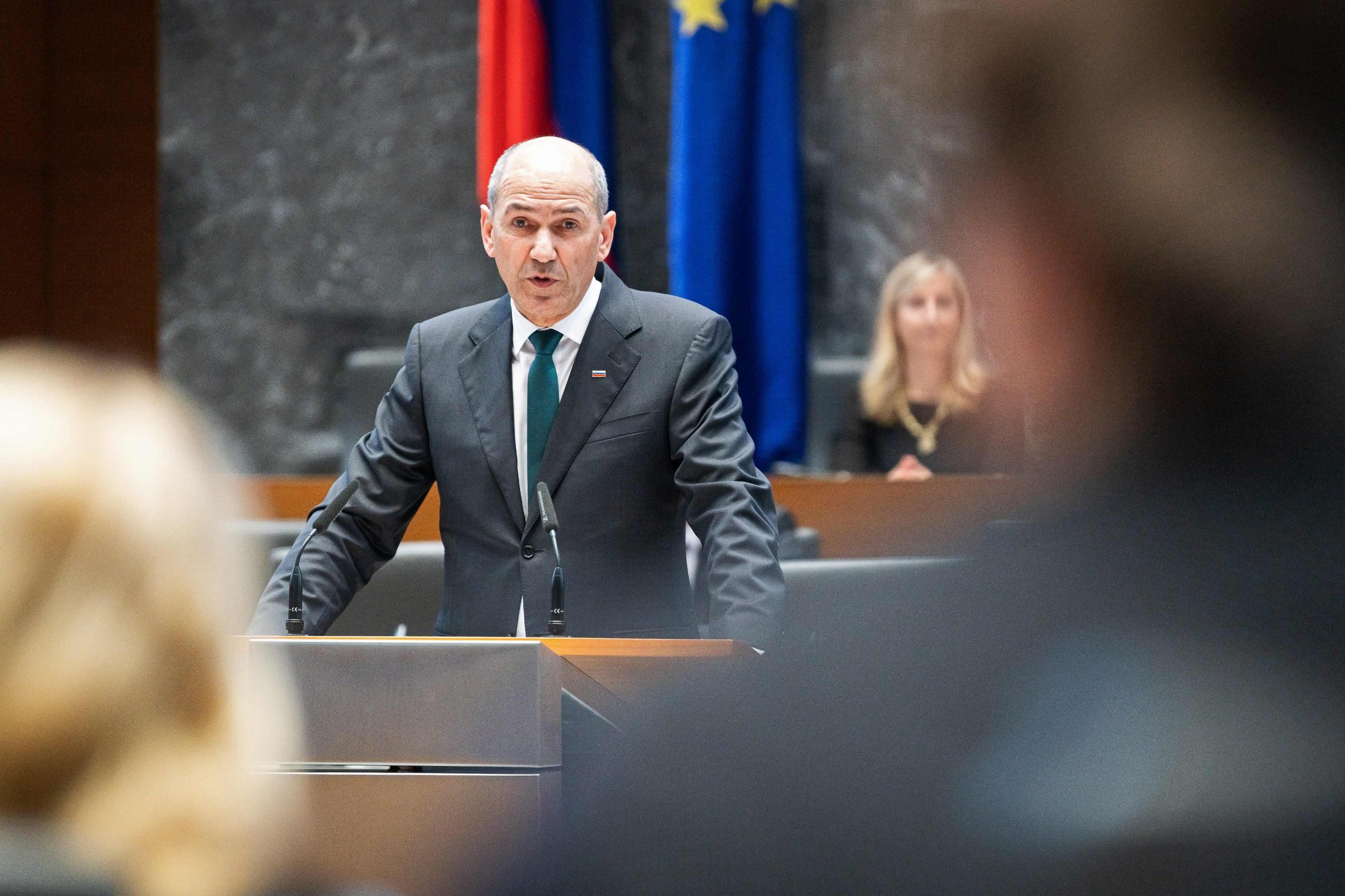
- This is by far the greatest challenge in our recent history - Jansa said at a press conference he hel together with three of his ministers whose appointment is expected to be confirmed in parliament on Friday - Economy Minister Zdravko Pocivalsek, Defence Minister Matej Tonin and Agriculture Minister Aleksandar Pivec.
As of Thursday Slovenia has 90 confirmed coronavirus cases and it has declared an epidemic. Slovenia has announced that all education facilities will be closed down as of next week for an indefinite period. Jansa said that the country had lost a lot of "precious time" under the previous government and that the situation regarding the novel coronavirus and its consequences to health, society and the economy "will be this government's priority in the coming weeks and months."
He added that he agreed with recommendations by eminent Slovenian doctors for infectious diseases who have said that "all public life" should be on lockdown and that stricter measures should be introduced to prevent the spread of COVID-19.
The financial and economic repercussions of the virus and possible recession for Slovenia's economy will be huge but it is difficult to estimate and foresee them for now, Jansa said, adding that the current budgetary framework planned for this year was not sufficient to deal with them.
That means that the new government will probably have to revise the budget, with Jansa saying that the golden fiscal rule on balanced revenue and expenditure without deficit needs to be "flexibly" implemented as that is how it is foreseen in times of emergency situations, like the current coronavirus pandemic.
Jansa explained that online classes will be organised for the period that schools are closed down while those classes that cannot be held online will be compensated for during the summer holidays.
He appealed to local authorities and companies to not wait for any government decision regarding situations where workers will be compelled to stay at home as a result of schools being closed down and to organise themselves appropriately.
Jansa also said that he had been in contact with Croatia's Prime Minister Andrej Plenkovic regarding the situation with hauliers at border crossings which his predecessor Marjan Sarec said worried Slovenian exporters because they were suffering economic damage as a result.
Jansa said that Plenkovic had explained that Croatia was compelled to introduce a ban on freight vehicles coming from Italy and entering the country and travelling further on because Serbia had introduced a ban on freight vehicles entering Serbia. Croatia made that decision because it is in the same situation as Slovenia, said Jansa.
Answering reporters' questions, Jansa did not rule out the possibility of introducing tighter controls on the border with Italy or closing the border to freight transport, with the exception of vehicles whose final destination is Slovenia, noting that that was important for regular supplies.
He added that thought should be given to Slovenia and Italy cooperating in border control because Slovenia's police and sanitary services do not have sufficient capacity to control both the border with Italy and with Croatia, whose services are also stretched thin.
Future defence minister Tonin said that in future the army would be engaged more in resolving the coronavirus crisis and not just in assisting with its logistics.
The army may provide a barracks as a possible quarantine site for potential patients, which would double the capacity of the health system, said Tonin.






Komentari
0